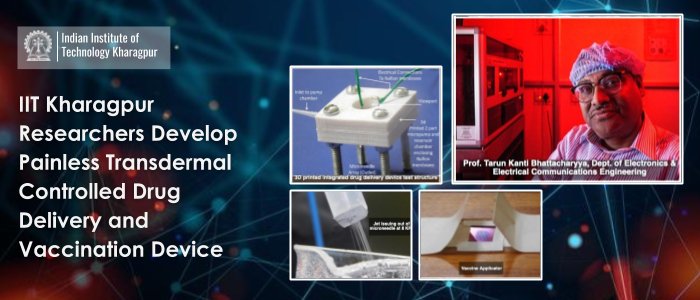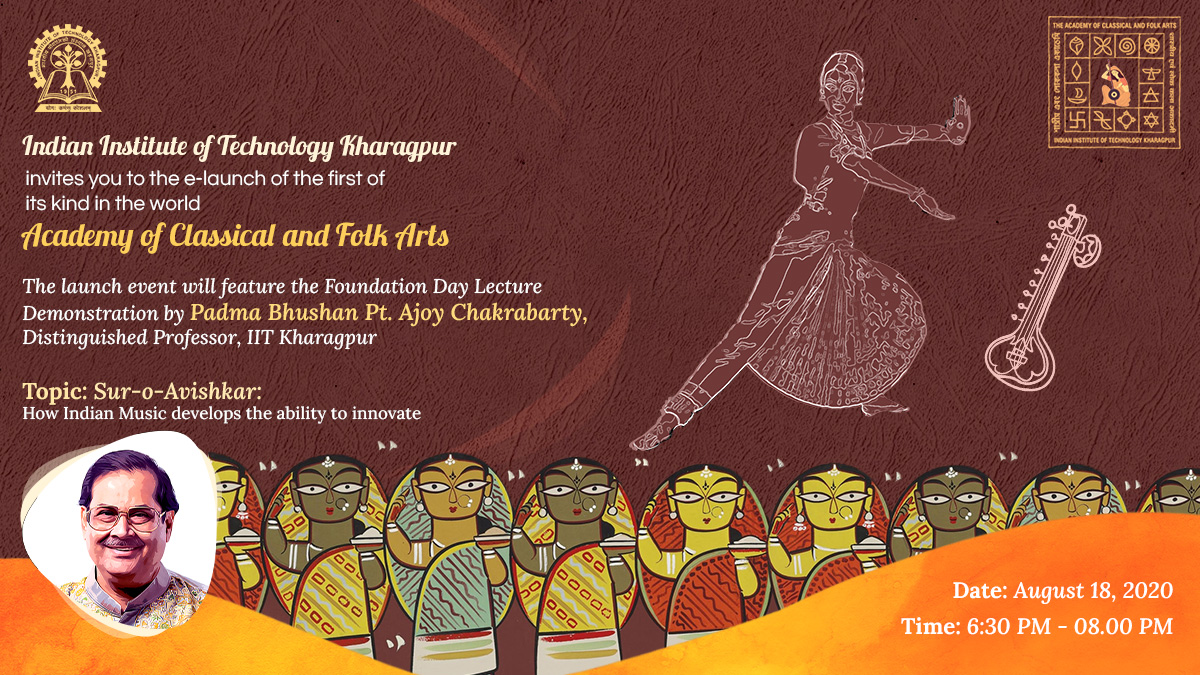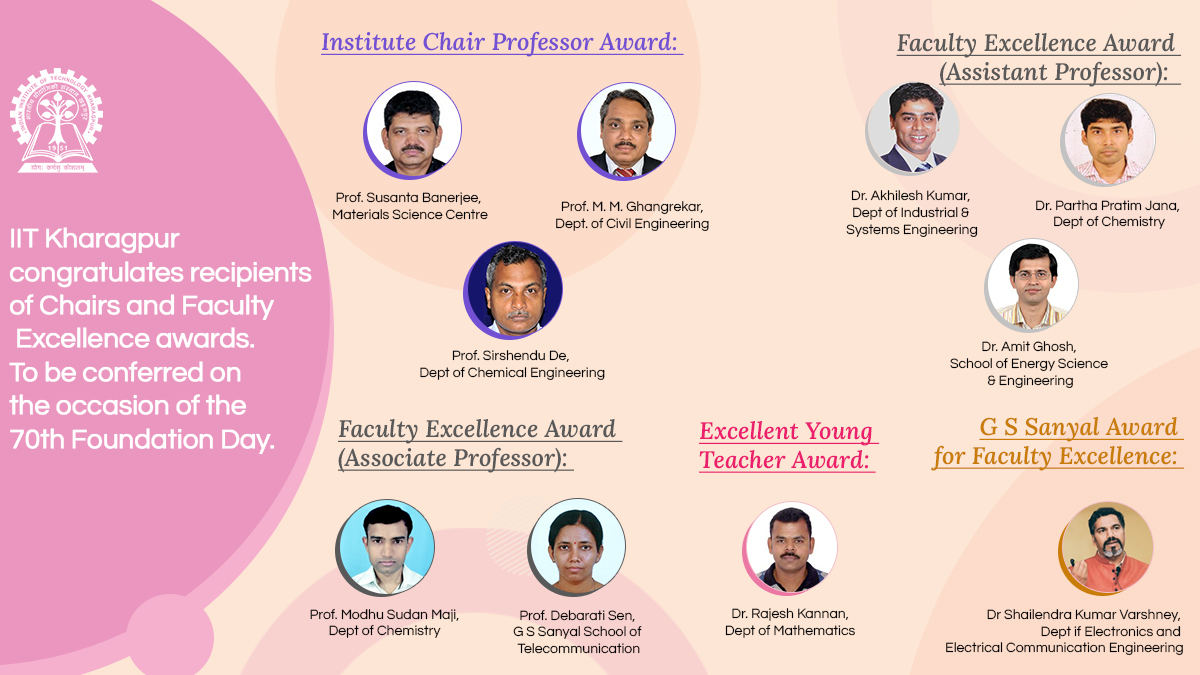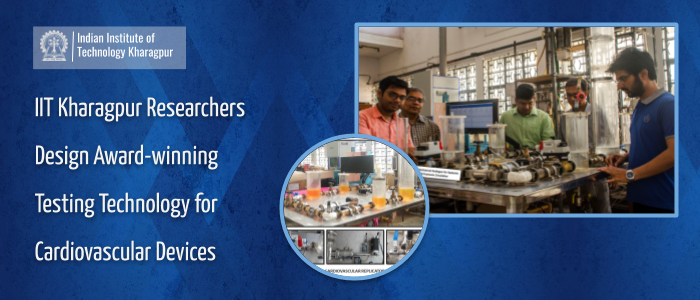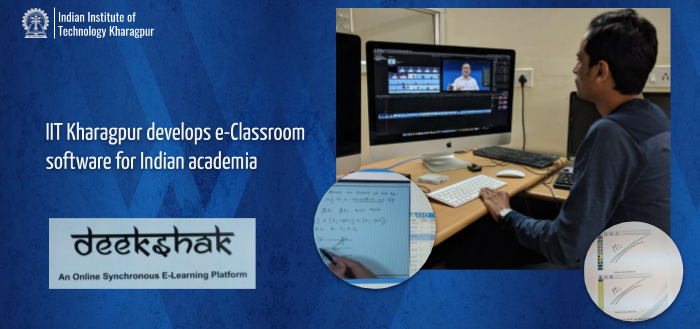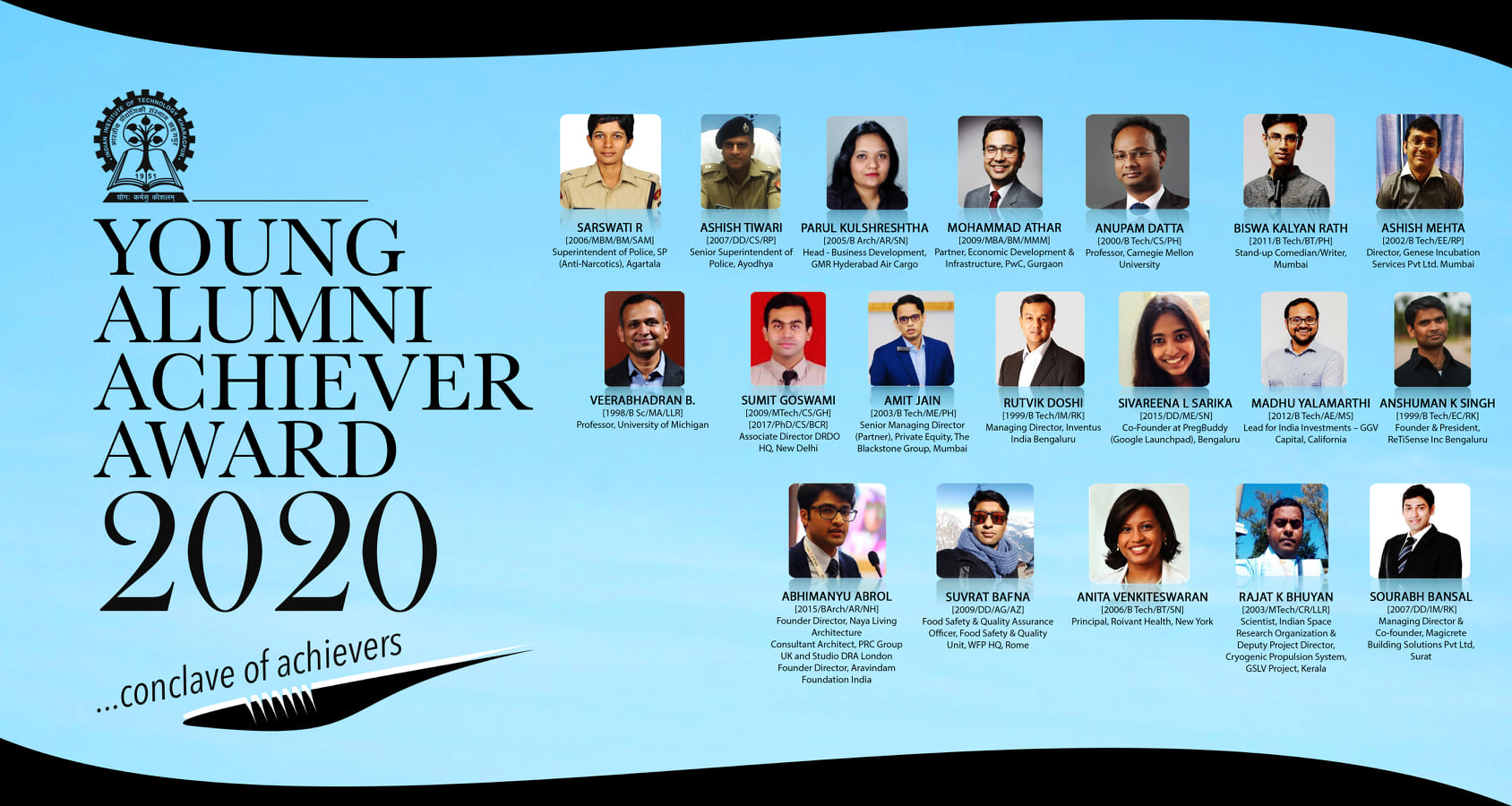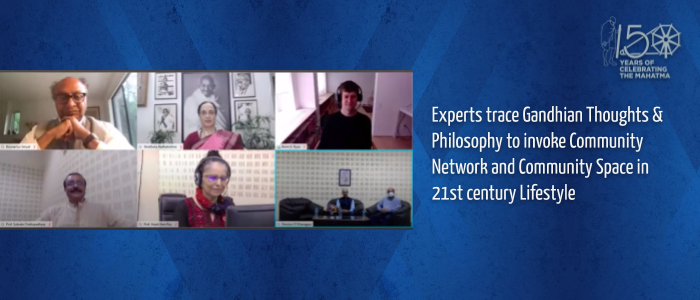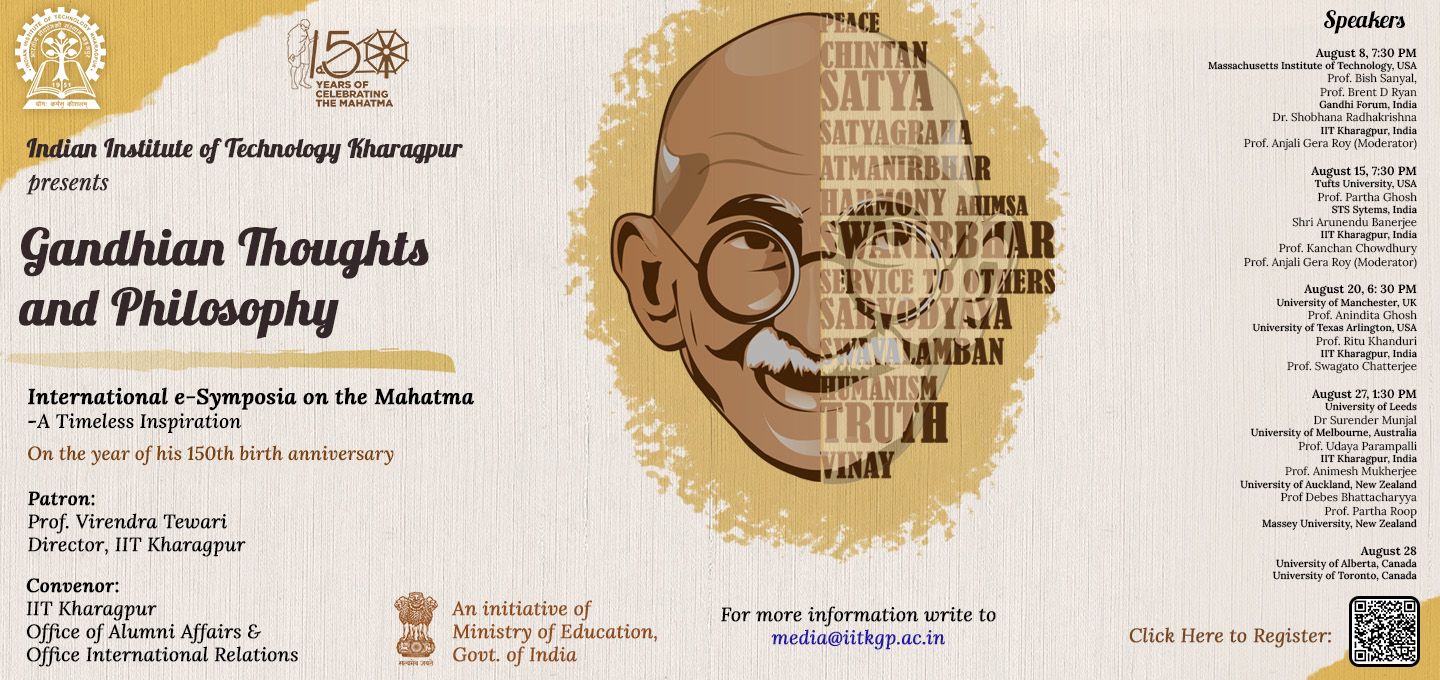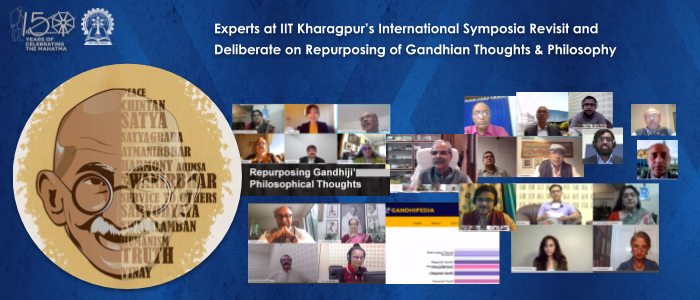
IIT KGP’s Gandhian Call
IIT Kharagpur's month-long celebration of Mahatma Gandhi's 150th birth anniversary ended yesterday, August 28, 2020. The international e-symposia which started on August 8, the anniversary of the launch of the Quit India Movement in 1942, could not have a more befitting close than the day marking the anniversary of the historic civil rights march at Washington DC in 1963 and the iconic speech of Martin Luther King Jr. - "I have a dream". With India journeying through the pandemic, global economic turmoil, trade war with China and the 'Atma Nirbhar Bharat' mantra of Govt. of India, we Indians are embracing…

